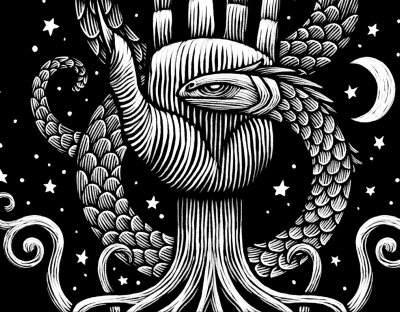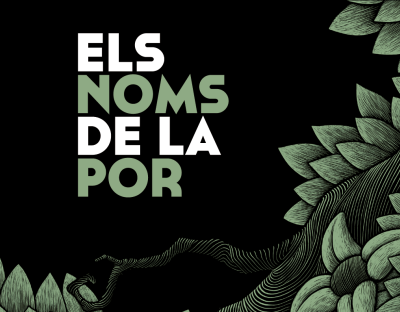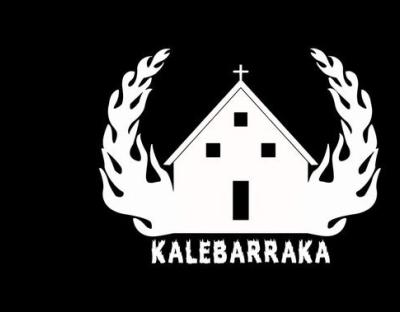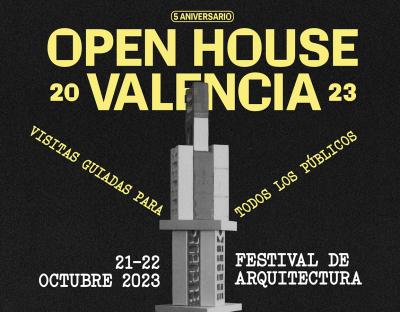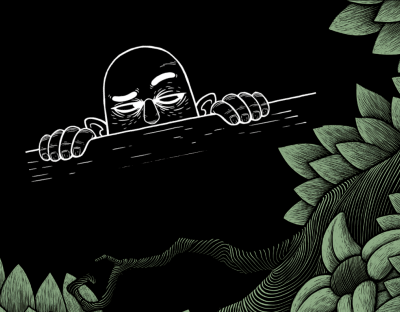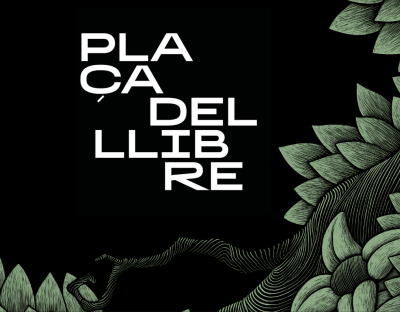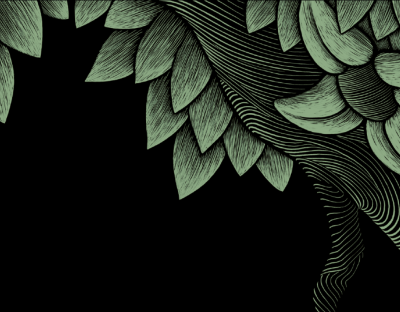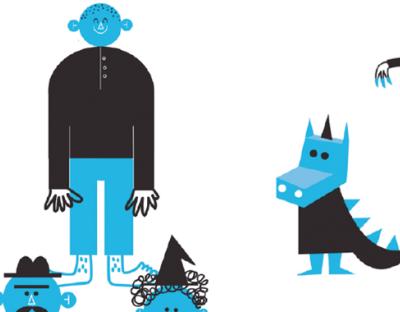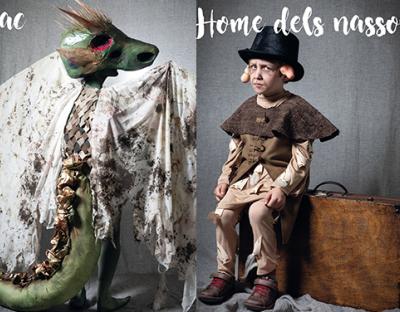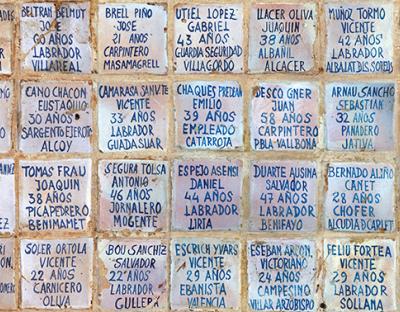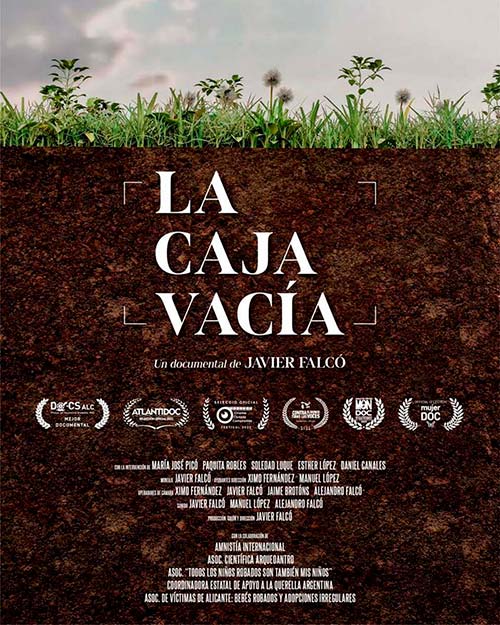We are launching ELS NOMS DE LA POR (The names of fear), the new L'ETNO podcast that is sure to get people talking!
And we are not alone! A good handful of Valencian podcasts are joining us.
These are the chapters of our podcast. Every Thursday, a new episode.
Available on Spotify and IVOOX from:
26th October - Els noms de la por 1 (PRESENT ACTIVITY AT L'ETNO. SEE INFORMATION BELOW).
"A què tenim por els valencians i valencianes?" (What are we Valencians afraid of?)
- Spotify: https://open.spotify.com/episode/1f9kVsZU9tsH4MmhJ1gyQ9?si=b90ae69a319b…
- IVOOX: https://www.ivoox.com/ep-01-a-tenim-els-audios-mp3_rf_118435700_1.html
2nd November - Els noms de la por 2 (ONLINE)
"Faltar no és sinònim de morir" (Missing is not synonymous with dying)
- Spotify: https://open.spotify.com/episode/294vA8c6P8fm1VPgEgEX4y?si=49f9018dc23b…
- IVOOX: https://www.ivoox.com/ep-02-faltar-no-es-sinonim-morir-audios-mp3_rf_11…
9th November - Els noms de la por 3 (ONLINE)
"El dol dol" (Grief hurts)
16th November - Els noms de la por 4 (ONLINE)
"Morir, desaparèixer i ja està?" (Dying, disappearing and that's it?)
From October 23rd to November 1st - "Criatures misterioses" (ONLINE)
by the Unitat de Normalització Lingüística de la Diputació de València
- IVOOX: https://www.ivoox.com/podcast-criatures-misterioses_sq_f12312454_1.html
- Spotify: https://open.spotify.com/show/2KZuVJPKO7A1gpZUVpiKCD
29th October - Baix la lluna (ONLINE)
"Espantacriatures" (Creature scarer)
- Spotify: https://open.spotify.com/episode/4TF7GV4BcCNIypIORtukYM?si=axiJ_LxtQxSk…
- IVOOX: https://www.ivoox.com/2x01-espantacriatures-especial-espanta-por-audios…
31th October - Deparkineo (ONLINE)
"10 anys de mala sort" (10 years of bad luck) with Sandra Monfort
4th November - Kalebarraka (PRESENT ACTIVITY AT L'ETNO. SEE INFORMATION BELOW)
"La mort" (Death)
7th November - Una nit al castell (ONLINE)
"Criatures de la nit valenciana" (Creatures of the Valencian night)
10th November - Casella d'Eixida (ONLINE)
"La por als jocs de taula" (Fear of board games)
11th November - Gent Ràndom (PRESENT ACTIVITY)
"Els nostres ulls, les nostres tenebres" (Our eyes, our darkness)
Attention! It will be recorded live at the Espai d'Art Contemporani de Castelló. Find out more there.
17th November - Dolcet pal café (ONLINE)
"Pel·lis de por a la valenciana" (Scary movies Valencian style)
